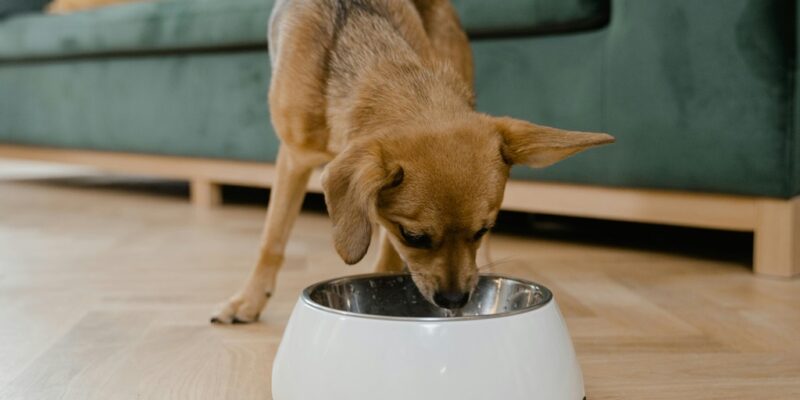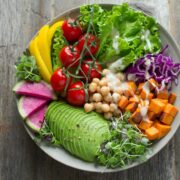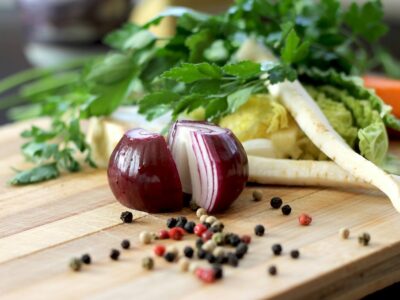Dogs aren’t just pets; they’re family members. While it’s tempting to share snacks with our furry friends, some common human foods can be harmful or even fatal to dogs. To ensure the health and safety of your pet, here are six foods you should never share with your dog.
Chocolate
Chocolate is perhaps the most well-known food that is dangerous to dogs. It contains theobromine and caffeine, both of which can be toxic to your canine companion. The darker the chocolate, the riskier it might be. Symptoms of chocolate poisoning in dogs include vomiting, diarrhea, rapid breathing, increased heart rate, and seizures. In severe cases, chocolate can even lead to death.
Grapes and Raisins
Grapes and raisins might seem like a healthy snack for your dog, but they can actually lead to kidney failure. Even small amounts can make a dog ill. Symptoms of grape or raisin toxicity include vomiting, lethargy, and depression. It’s best to avoid giving grapes and raisins to dogs altogether.
Onions and Garlic
Onions and garlic contain compounds that can cause gastrointestinal irritation and could lead to red blood cell damage in dogs. Foods containing onions or garlic in any form (powdered, raw, cooked, or dehydrated) can be harmful. Symptoms of illness from onion and garlic include weakness, vomiting, and problems breathing.
Xylitol
Xylitol is a sweetener often found in sugar-free products like gum, candy, and some baked goods. It is extremely dangerous for dogs, leading to a rapid decrease in blood sugar levels and potential liver failure. Symptoms include vomiting, tiredness, lack of coordination, and seizures.
Alcohol
Alcohol has the same effect on a dog’s liver and brain as it does on humans, but it takes much less to cause damage. Even a small amount of beer, liquor, wine, or alcohol-containing foods can be harmful. It can cause vomiting, diarrhea, central nervous system depression, problems with coordination, difficulty breathing, coma, or even death.
Avocado
Avocado contains persin, a fungicidal toxin that can cause health problems in many animals, including dogs. While some dogs can handle small amounts of avocado well, it’s generally advised to avoid giving them any. The pit is especially dangerous because it’s a choking hazard and can cause blockages within the digestive tract.
Healthy Alternatives for Your Dog
Instead of risking your dog’s health with harmful human foods, opt for chew treats specifically designed for dogs. These treats not only cater to your dog’s natural urge to chew but also offer significant benefits. They help maintain dental health by reducing plaque and tartar buildup, provide mental stimulation, and keep your dog engaged and satisfied. Formulated with your dog’s well-being in mind, these chew treats are a safe and beneficial alternative to the dangerous foods previously mentioned.
By choosing these dog-friendly options, you ensure your pet enjoys a tasty treat without risking their health. Remember, always consult with your veterinarian before adding new foods or treats to your dog’s diet to ensure they are appropriate and beneficial for your pet’s specific needs.



















Comments